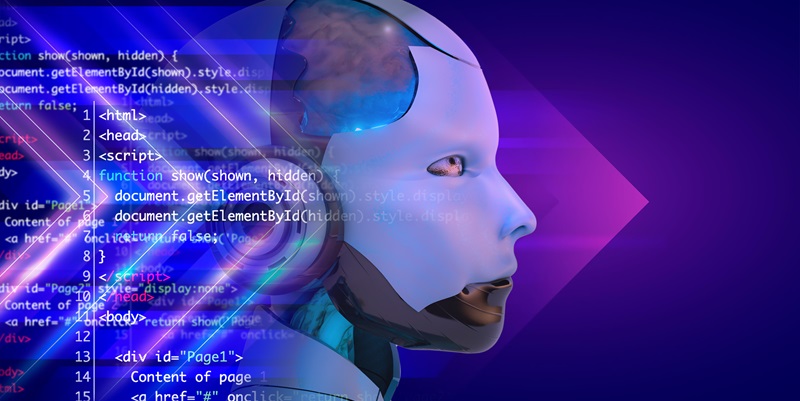Anima, a leading AI company, has recently announced a groundbreaking addition to its generative artificial intelligence (AI) platform. With the integration of tools from Figma and Adobe, Anima now allows for the personalization of code based on how an application is described. This exciting capability enables the generated code to closely resemble the coding style of an organization or developer, streamlining the process of embedding code within well-defined coding methodologies.
Personalizing Code Generation
Traditionally, embedding code generated by a large language model (LLM) into an application required extensive editing. However, Anima’s innovative solution mitigates this challenge. By aligning code with an organization’s coding style, developers can significantly reduce editing time. Anima CEO Avishay Cohen emphasizes that this feature is particularly valuable in minimizing the discrepancy between generated code and the established coding methodology.
Anima’s Platform and Approach
Anima’s platform is powered by a combination of LLMs and carefully designed heuristics. This unique blend of advanced AI algorithms allows the platform to automatically generate efficient and optimized code. With Anima, developers no longer need to meticulously place each pixel or worry about responsive behavior, animations, or logic. Instead, they can focus on the application’s core functionalities while the platform handles the front-end development process.
The integration of tools offered by Figma and Adobe plays a crucial role in Anima’s platform. Developers can provide a description of the desired application using these tools, and Anima’s AI system will automatically create the front-end code based on this description. This groundbreaking functionality empowers backend developers to seamlessly transition into front-end development without requiring extensive expertise or additional resources.
Integration with CI/CD Platforms
Anima’s forward-looking vision includes integrating its platform with popular continuous integration/continuous delivery (CI/CD) platforms like GitHub. This integration, planned for later this year, aims to extend the reach of Anima’s platform across an entire codebase. By establishing a seamless connection between the AI-generated code and the CI/CD pipeline, Anima aims to streamline the application development process further, empowering DevOps teams to work with unprecedented efficiency.
Existing Generative AI Tools for Code Writing
While there are other generative AI tools available for writing code, their adoption in DevOps workflows varies across organizations. Anima’s platform sets itself apart by incorporating personalized code generation and addressing specific coding methodologies. This focus on customization ensures that the generated code aligns seamlessly with an organization’s existing codebase, reducing development overhead and enhancing code quality.
Quality and Security Concerns
While generative AI tools like ChatGPT offer incredible potential, code generated using such platforms can vary significantly in terms of quality. This discrepancy necessitates a thorough scan of the generated code for any vulnerabilities before incorporating it into a build. DevOps teams must prioritize security checks and conduct rigorous testing to ensure a robust and reliable application.
The Accelerating Pace of Application Development
The advent of AI-driven code generation has revolutionized the speed at which applications are built. With Anima’s platform, the overall pace is set to exponentially increase. However, the challenge lies in leveraging AI effectively to enable DevOps teams to keep up with this rapid pace. Organizations need to embrace AI technologies to automate repetitive tasks, optimize workflows, and empower developers to focus on innovation and complex problem-solving.
Anima’s ability to personalize code generation based on an application’s description sets it apart in the world of generative AI tools for code writing. By integrating tools from Figma and Adobe, the platform enables developers to align code with the coding style of an organization, reducing editing time and enhancing overall efficiency. As Anima plans to integrate with popular CI/CD platforms in the near future, its reach will extend across the entire codebase, eliminating friction between AI-generated code and the development pipeline. The challenge now lies in effectively harnessing AI to ensure code quality, security, and the seamless acceleration of application development. By embracing AI technologies, organizations can unlock the immense potential for innovation and drive their DevOps teams towards unprecedented success.

